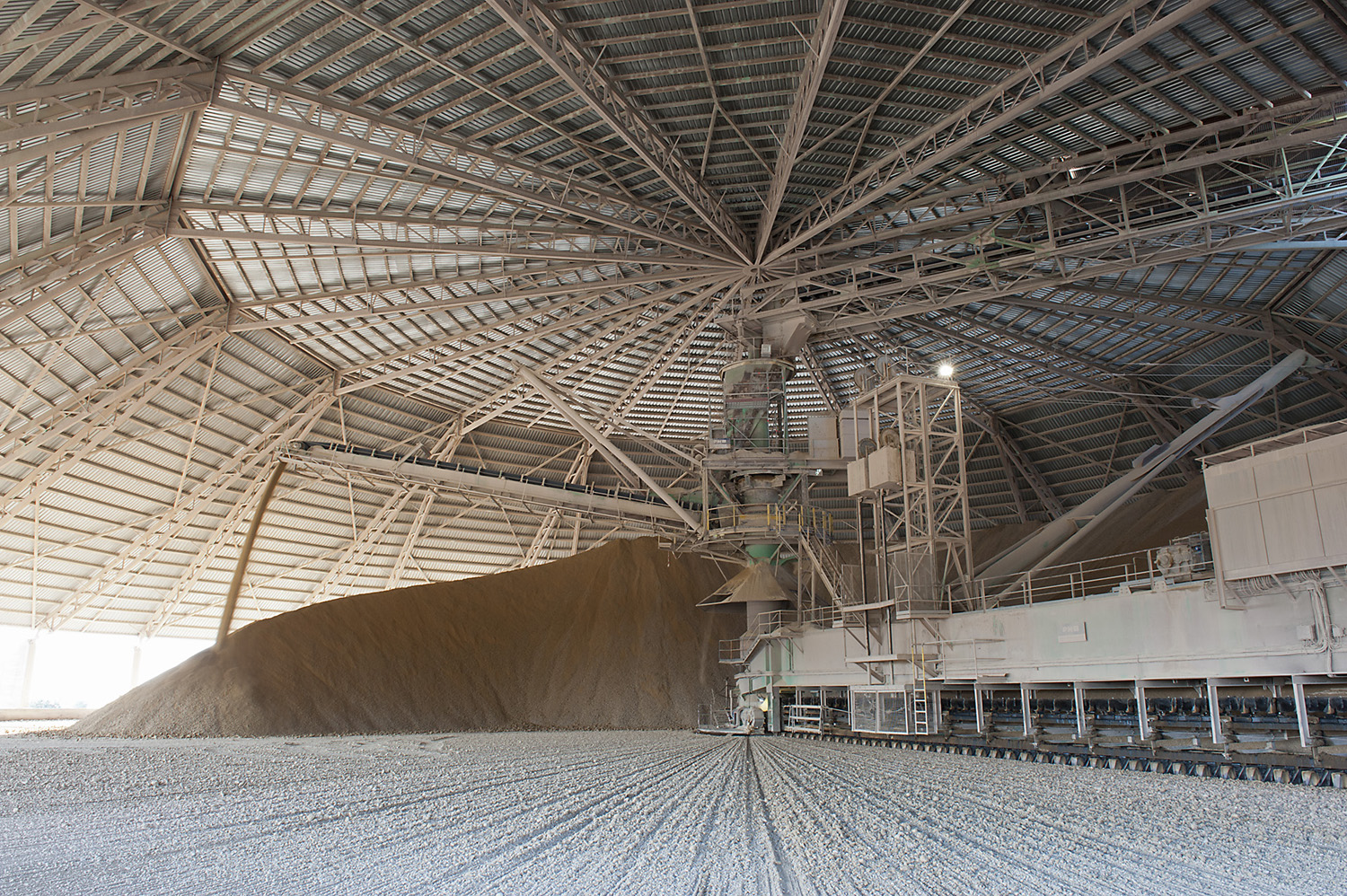The crisis of the Catalan cement industry, which seemed to have subsided after 4 years of recovery in domestic market consumption, is faced with a new threat front due to the lack of competitiveness in international markets. In the last 12 months, cement and clinker exports have decreased by more than 629 thousand tons, 23%. These interannual data, closed at August 31, confirm a trend pointed out throughout 2019. The situation of the trade balance is further aggravated by the sharp increase in imports, which have multiplied by 13 in the last year.
The main cause of this loss of competitiveness lies in the lack of support, from public administrations, to the Circular Economy policies promoted by the sector. The need to have more quantity and variety of waste to be used energy – thus avoiding fossil fuel consumption and the consequent environmental impact – appears as a decisive factor. It should be remembered that the cement sector is energy intensive, this being one of the main production costs. If, in addition, as is currently the case, the price of industrial electricity in Spain is skyrocketing (it is the second most expensive in all of Europe), the impact on companies translates into this lower competitiveness.
The export capacity has traditionally served to maintain the activity of the Catalan cement industry in periods of crisis in the internal market. In the last year, however, exports have fallen below domestic consumption. In addition, they are now penalized for the price of CO2 emission rights, which have exceeded € 27 a ton, which penalizes Catalan factories against those of countries outside the Greenhouse Gas (GHG) market and that Therefore, they should not bear these environmental costs.
To this scenario we must add the fact that infrastructure investments continue at a minimum. For the president of Ciment Català, Salvador Fernández Capo, political instability “generates a double problem: on the one hand, there is very little government action, which translates into a lack of initiatives and projects. On the other hand, we continue, in Catalonia and in Spain, with budgets extended since 2017 “. The president of the cement companies believes that “the approval and application of new budgets to public administrations that contemplate infrastructure investment plans is essential. This would also serve to curb the economic slowdown that has been announced in recent months”.

